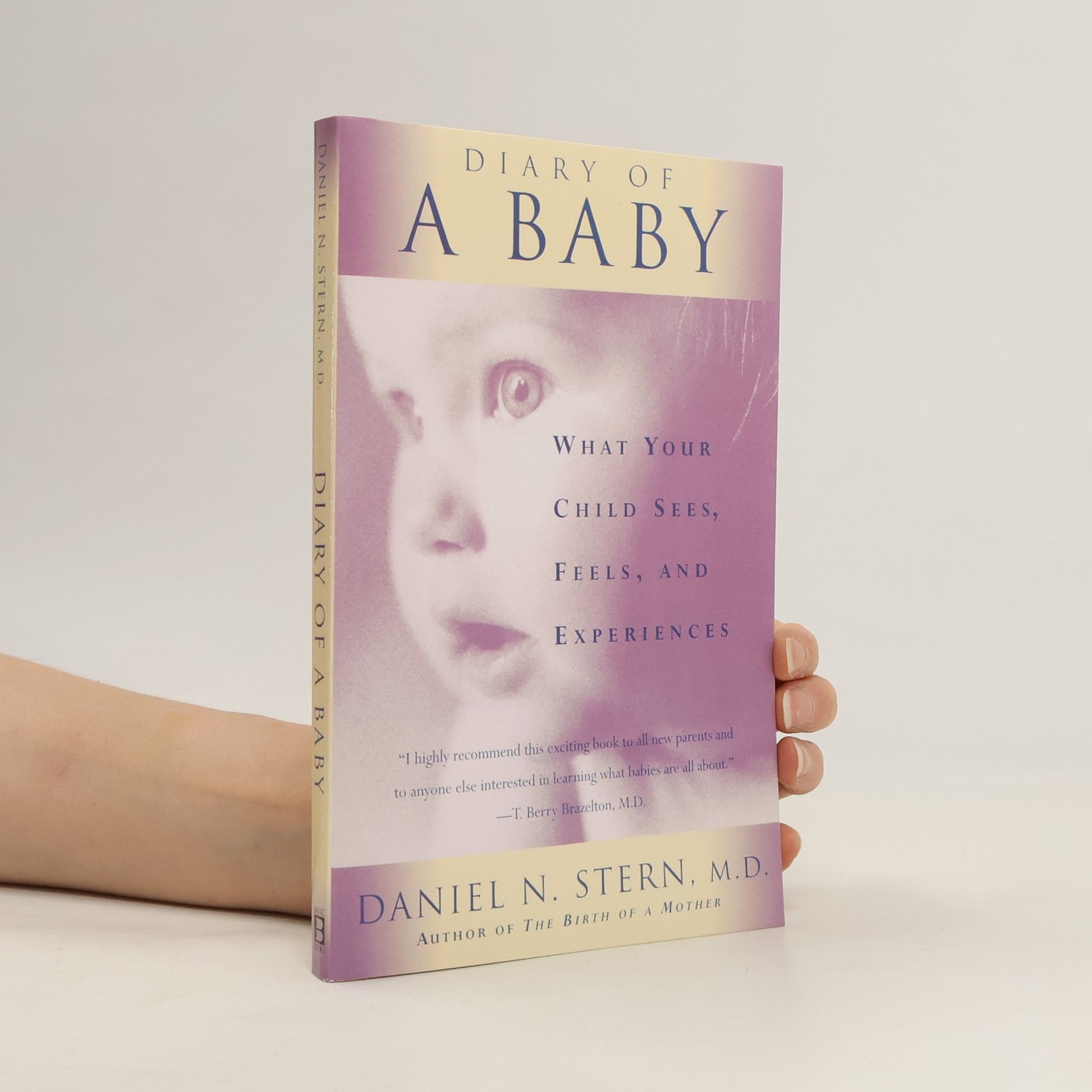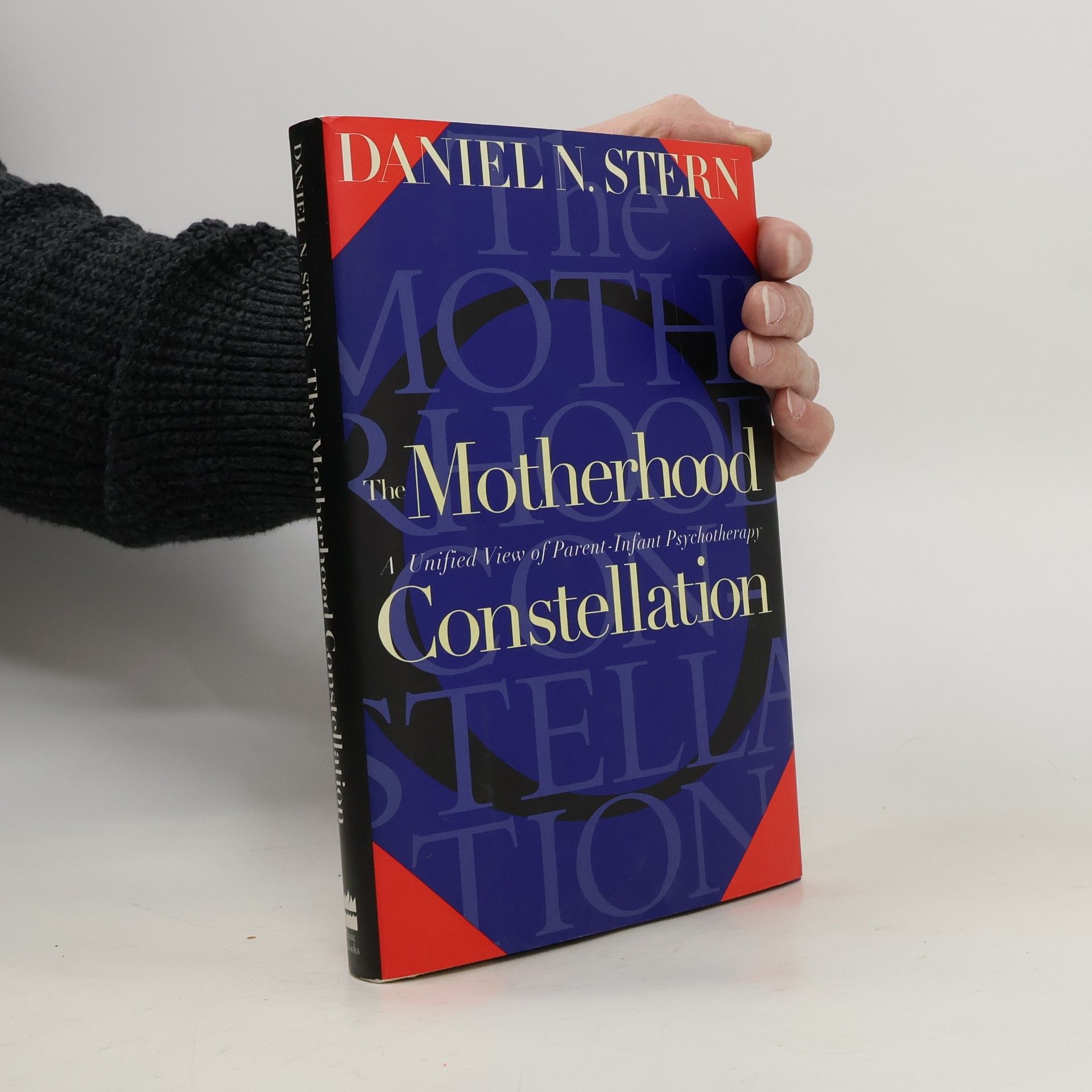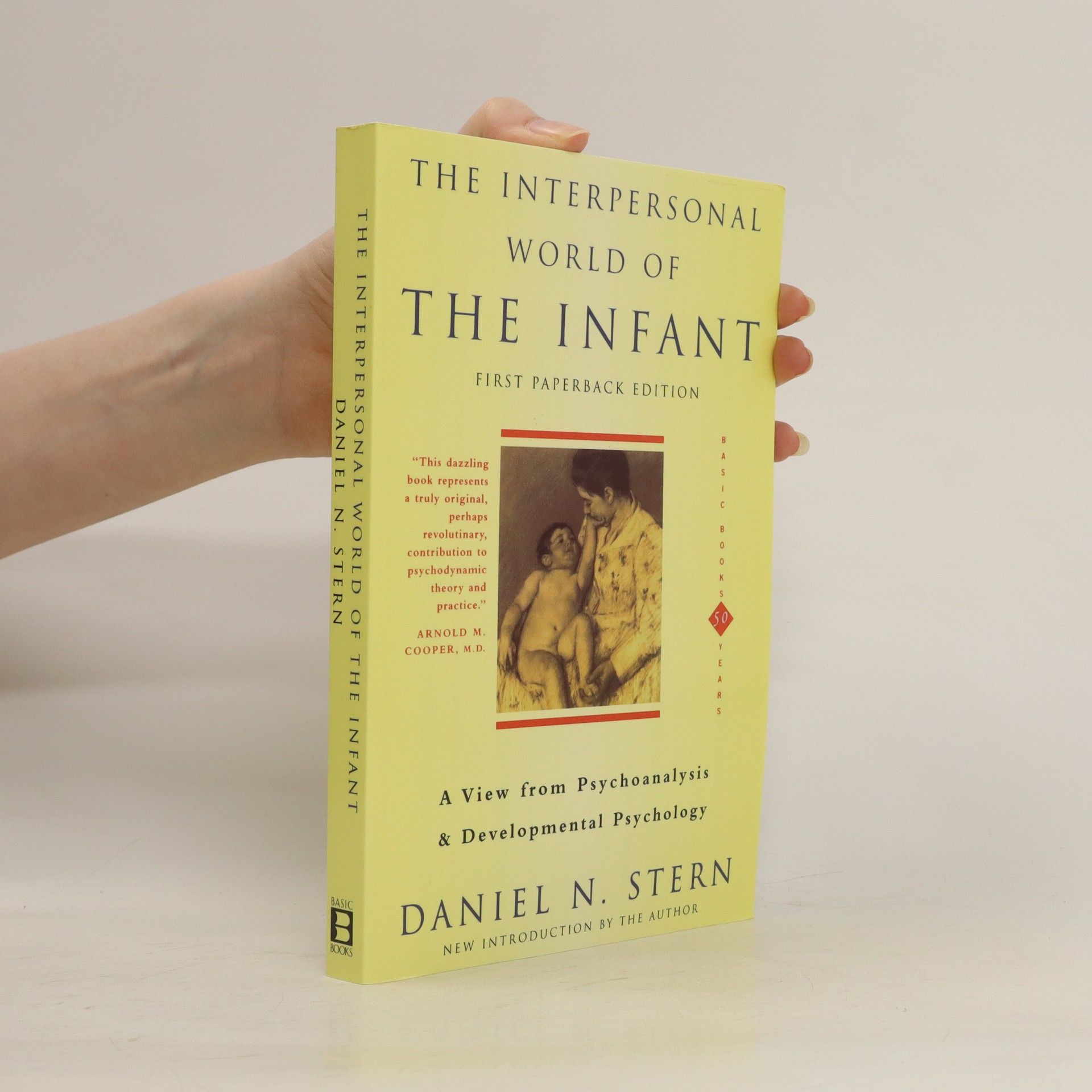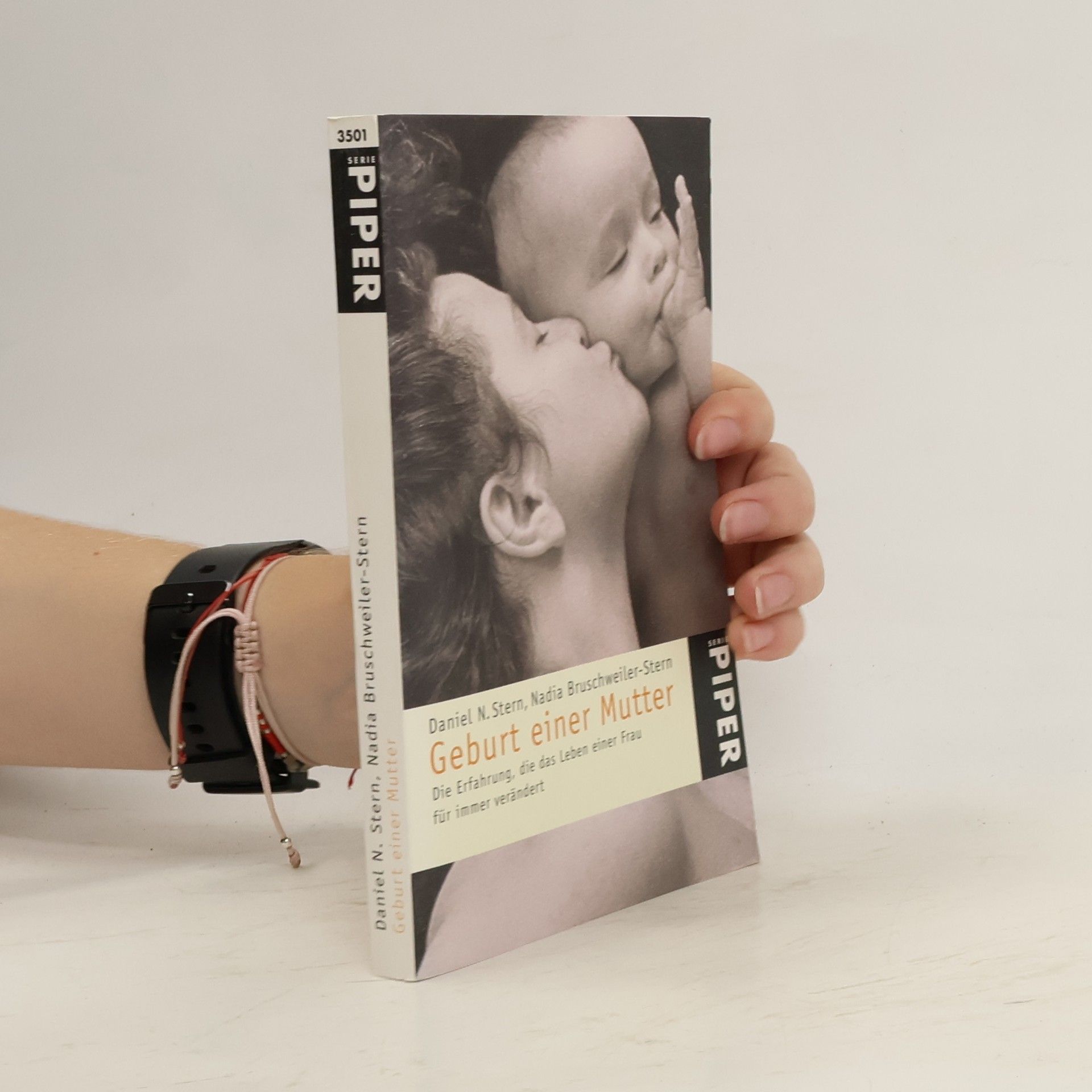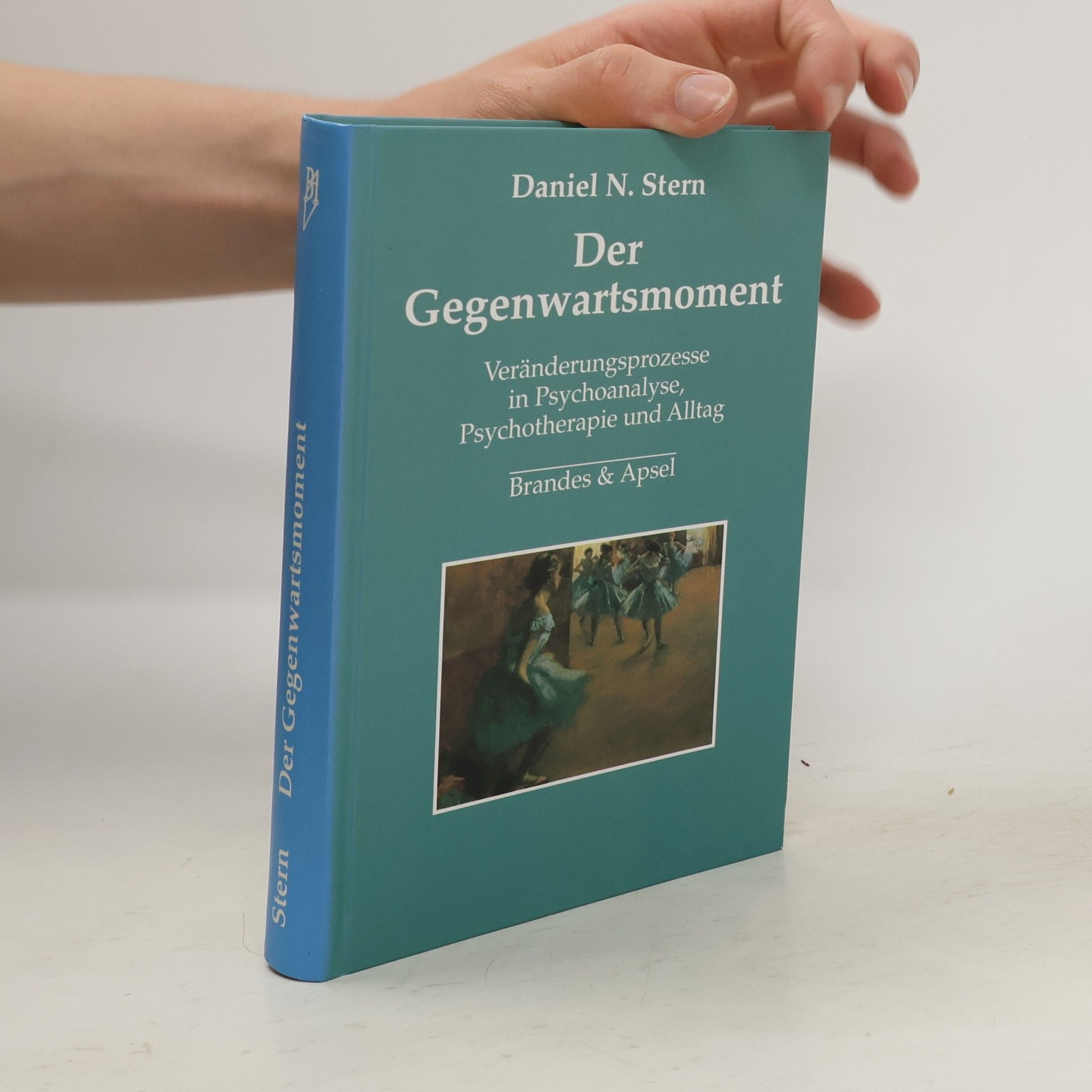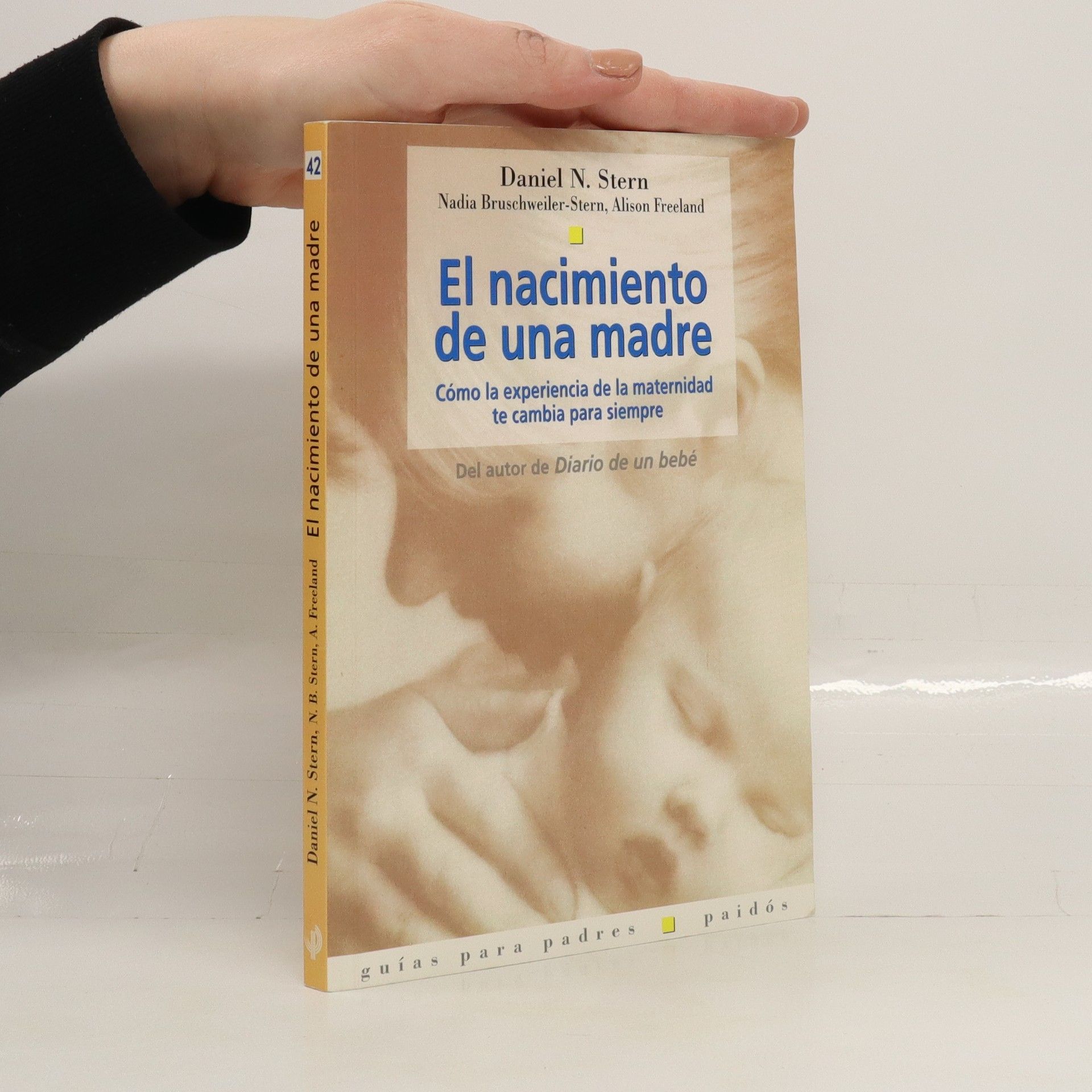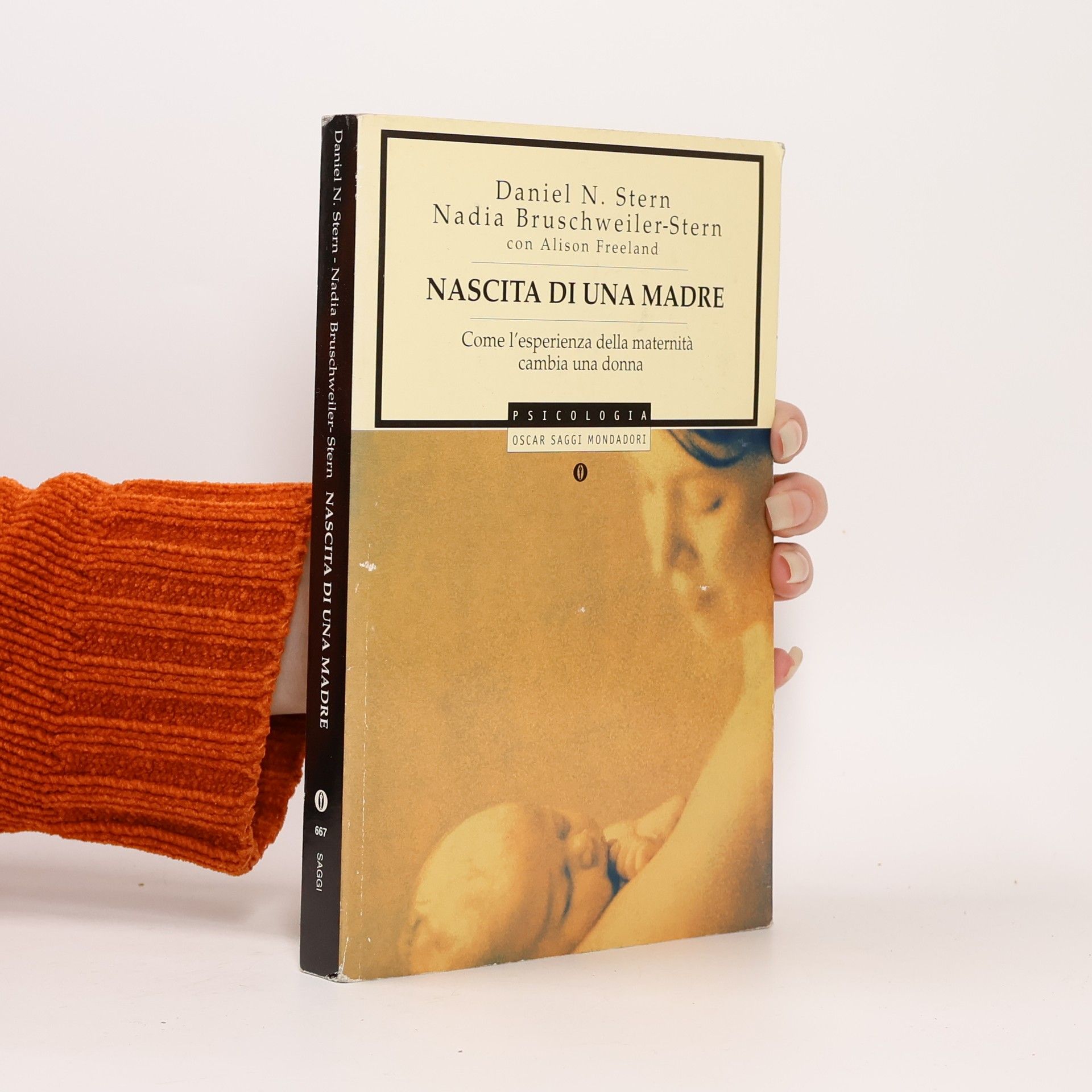Forms of Vitality
Exploring Dynamic Experience in Psychology, the Arts, Psychotherapy, and Development
"In his new book, eminent psychologist - Daniel Stern, author of the classic The interpersonal world of the infant, explores the hitherto neglected topic of "vitality" - that is, the force or power manifested by all living things. Vitality takes on many dynamic forms and permeates daily life, psychology, psychotherapy and the arts, yet what is vitality? We know that it is a manifestation of life, of being alive. We are very alert to its feel in ourselves and its expression in others. Life shows itself in so many different forms of vitality. But just how can we study this phenomenon? Till now, this has been a topic considered impervious to any kind of scientific study, but according to the Stern, it is possible to trace vitality to real physical and mental operations-- including movement, time, perception of force - as well as spatial aspects of the movement and its underlying intention. Within this fascinating book he shows how an understanding of vitality can help the psychotherapeutic process (including a look at the developmental origins of forms of vitality) and looks at how these theories of vitality might fit with our current knowledge of the workings of the brain. Truly a tour de force from a brilliant clinician and scientist, Forms of Vitality is a profound and absorbing book - one that will be essential reading for psychologists, psychotherapists, and those in the creative arts"--


